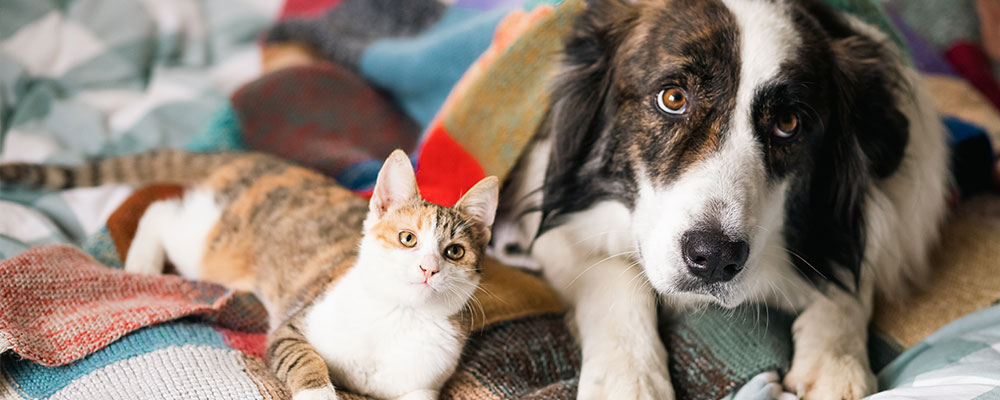Adopting a new furry friend is more than just bringing home a pet; it’s about extending your family and opening your heart. Whether it’s the playful antics of a cat or the joyful wag of a dog’s tail, these companions can bring immense joy and purpose to our lives.
In South Africa, with its diverse landscapes and lifestyles, ensuring the right fit for both the pet and the family is crucial. Not only are you providing a loving home, but you’re also giving a second chance to an animal in need.
Dive in as we guide you through the process of adopting a dog or cat in South Africa.
Table of Contents:
- Understanding pet adoption in South Africa
- Steps to successfully adopt a dog or cat in South Africa
- Research and understand the responsibilities of pet ownership
- Choose a Reputable Adoption Agency or Shelter
- Complete the application process for adoption
- Prepare for and pass the home check
- Meet potential pets and find the right match for adoption
- Understand and settle adoption fees for your dog or cat
- Transitioning your new pet to their forever home
- Exploring Pet Fostering: A Trial Before Adoption
- Final thoughts on adopting a dog or cat in South Africa
Understanding pet adoption in South Africa
When you adopt, you are providing care, shelter, and love to a pet – usually one that has been rescued from a challenging situation.
Why is this significant? An article by News24 and Insider Inc in June 2022 revealed that out of the 14.9 million dogs and cats in South Africa, 4.1 million (~27%) are considered strays. This figure may include dogs and cats on the street, as well as four-legged friends in animal shelters and adoption centres.
By choosing to adopt a rescue, you are directly contributing to reducing the number of homeless cats and dogs, ensuring fewer animals are without dedicated care and loving human companions. Of course, adopting is also a journey that benefits the owner, bringing endless joy into their lives.
Keep reading to explore the steps to follow to adopt a pet in South Africa.
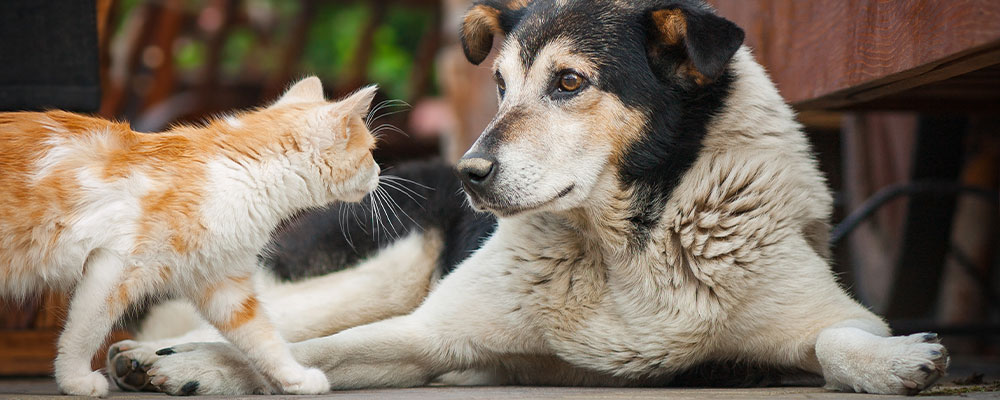
7 Steps to follow when adopting a dog or cat in South Africa
Embarking on the journey of pet adoption is both rewarding and transformative. As you prepare to welcome a new four-legged member to your family, it’s essential to navigate the process with care and diligence.
Here are the steps we recommend prospective pet owners follow to ensure a smooth and successful adoption journey.
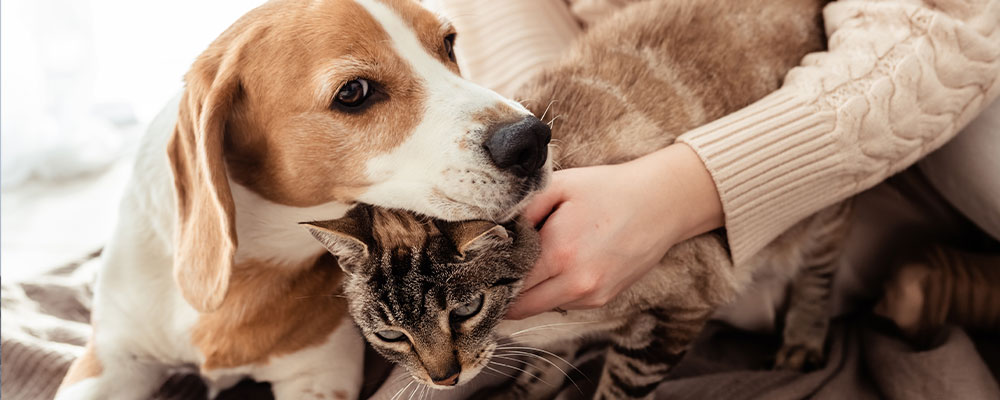
1. Research and understand the responsibilities of pet ownership
Stepping into the shoes of a pet owner isn’t just about enjoying cuddles and playtime; caring for a dog or cat is a long-term commitment laden with responsibilities.
Every pet owner’s key duties include providing a well-balanced diet, ensuring regular health check-ups, grooming, and offering a safe living environment. Proper training or behaviour guidance is crucial, especially for puppies and kittens, or pets who may have experienced past trauma. Consistent attention to their emotional well-being and ensuring they have stimulating toys or activities also fall under this umbrella.
When delving into specifics, dogs and cats each have unique care requirements. Dogs, inherently social, typically need regular exercise, social interaction, and some form of training. They may also demand more frequent vet visits for health checks and vaccinations. Cats, although more self-reliant, require engagement, periodic health check-ups, specific care and activities, especially if they are predominantly indoor creatures.
Budget is an inevitable facet of pet ownership and responsibility. Beyond the one-time adoption fees, there are recurring expenses like food, grooming, health care, and especially, the potential of an unexpected medical bill. It’s essential to forecast the costs for your pet over the long term and account for emergency expenses.
Pet insurance is essential to safeguard against unforeseen expenses and provide peace-of-mind. Depending on your plan, you may have cover for pre-existing conditions, and chronic conditions also. Some plans may also help strengthen your pet’s health with cover for holistic wellness or supplements, and routine care add-ons.
You can explore our range of pet insurance plans that provide comprehensive, transparent and genuine cover for dogs and cats, or build a custom quote on our website. Remember, when choosing insurers, that service is key, and at MediPet, we are unique in that we do not have a call centre, we have an inhouse vet team to process every claim, and we specialise only in cats and dogs.

2. Choose a reputable adoption agency, centre or shelter
Selecting the right place to adopt your furry companion can be crucial.
It’s important to opt for licensed and ethical organisations that prioritise animal welfare over profit. A reputable adoption agency or shelter will adhere to pet safety standards, provide genuine care to animals and vet prospective owners thoroughly to ensure rescued pets go to suitable, safe, responsible, loving homes.
South Africa is home to a variety of adoption avenues: public shelters, private rescue groups, and breed-specific rescues. Public shelters are often government-run, focusing on housing a vast number of stray or surrendered animals. Private rescue groups, while similar, rely heavily on donations and fundraising. Breed-specific rescues cater to particular breeds, ensuring they find the right homes accustomed to their needs.
Choosing the right adoption centre, agency or shelter ensures that you support ethical practices and provides a solid foundation for your pet’s new chapter in life.
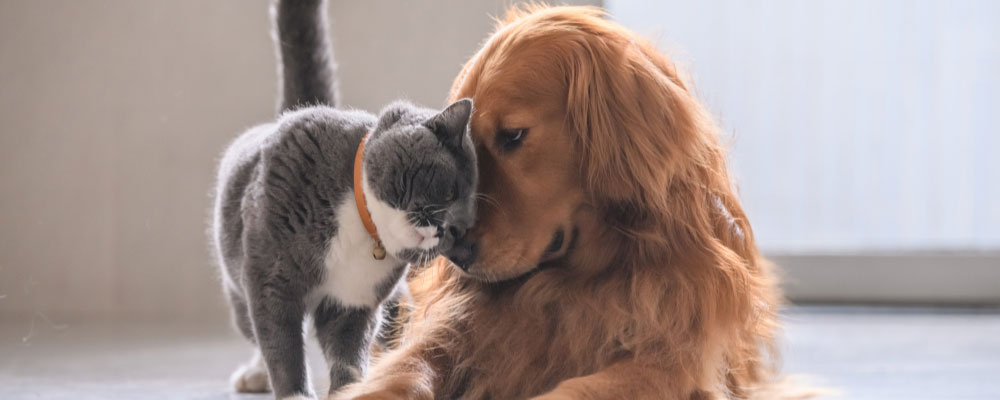
3. Complete the initial application process for adoption
The application process is a crucial step to ensure the best match between pets and prospective owners.
When submitting your application be prepared to provide personal information. This often includes your living situation, past pet ownership, and references. Agencies aim to ascertain the environment the pet will be entering and if it aligns with the pet’s needs.
Typical questions you might encounter are:
- Do you currently own other pets? If so, how do they react to other dogs or cats?
- Where will your pet spend most of their time during the day?
- Where will your dog or cat sleep at night?
- What is your living environment (i.e: type of residence such as a home, apartment, complex, small holding, etc)?
- Is your property secured?
- Do you have children or do children visit your home?
- Do you have a swimming pool or large pond within your property?
- Is everyone in your household in agreement about adopting a pet?
- Have you ever surrendered a pet to a shelter?
- How do you plan to handle potential behavioural issues or medical emergencies?
Some shelters may also have specific requirements. For instance, they might require a home visit meet-and-greet with existing pets or assurance that the pet will be secure.
Navigating this process can feel intensive, but it’s designed with the best intentions. Think of it as an essential interview, where both you and the shelter are ensuring the pet gets a loving, forever home. Your cooperation in the process is essential.

4. Make sure you have the right environment to pass the home check
Adopting a pet is a commitment that goes beyond just love. It’s about ensuring your home is a sanctuary, offering safety and comfort.
For those adopting dogs, outdoor space is pivotal. Having a yard is an advantage, but what’s more essential is that it’s secure. Fencing should be high enough to prevent escapes, and potential hazards like broken glass or harmful plants should be removed. Moreover, dogs need space to play and run, so if you’re in an apartment, a nearby park can be a great solution.
The breed may also be important to consider. Active breeds, whether small, medium, or large in size, may require more mental stimulation and physical exercise that you will need to accommodate. Low-energy breeds may be more comfortable in a smaller living environment and may not require as much exercise or mental stimulation.
When preparing your home for a cat, think about their unique needs. Cats can be more indoor-oriented than dogs. They require specific amenities like litter boxes, ideally placed in quiet corners. Scratching is natural for cats, so investing in scratching posts or pads can save your furniture from their curious claws. Additionally, ensure that windows and balconies are secure to prevent any accidents.
As you prepare, remember that the home check isn’t about having a perfect space, but a safe and pet-friendly one. The aim is to reassure the adoption agency that your home is ready to welcome its newest member. With some thought and preparation, you can confidently create an environment where your pet will thrive and feel loved.
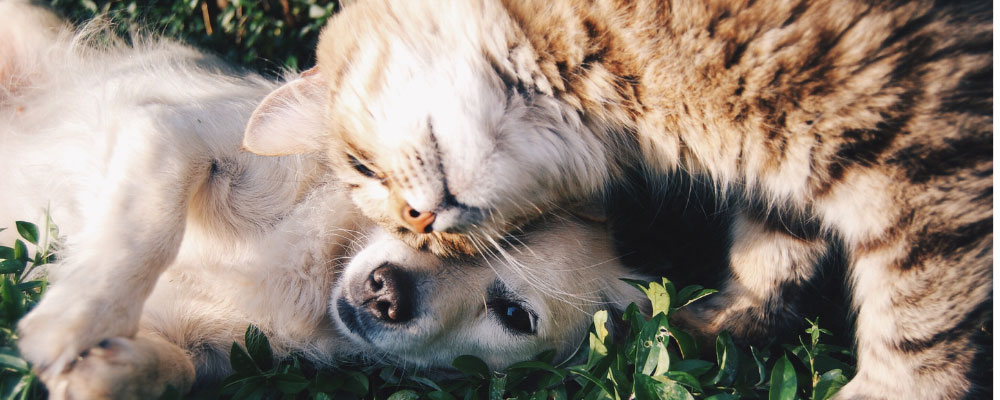
5. Meet, greet and find the right match for adoption
Finding the perfect pet goes beyond adorable looks; it’s about understanding their behaviour and ensuring a mutual connection.
When you visit an adoption centre or shelter, pay close attention to the animals and whether they are shy, playful, or indifferent toward you. It’s essential to recognise signs of a good fit, such as a cat purring contentedly in your lap or a dog wagging its tail enthusiastically upon your approach.
For families, consider how the pet reacts to children and other members of your family. If you have other pets, it may be important to get a feel for how the potential adoptee would get along with other animals.
Meeting potential pets can be an exciting experience, but remember, it’s about finding the right fit for both you and the animal. By observing and understanding their behaviour, you’ll be one step closer to welcoming the perfect furry companion into your home.

6. Understand and settle adoption fees for your dog or cat
Adopting a pet is a lifelong commitment, and the initial financial consideration is the adoption fee. Usually, the total adoption fee in South Africa ranges from R650 to R1000, depending on the shelter or centre.
The adoption fee is not a ‘purchase price’ (such as when obtaining a pet from a breeder) and typically covers aspects of initial pet care, including sterilisation, and may contribute to the shelter’s operating costs.
When adopting a pet, they are usually subject to vaccination and deworming, which ensures that they are protected against various diseases and are in sound health. They may also be spayed or neutered which is vital for controlling the pet population and may offer health benefits for your pet. In addition. dogs or cats may be microchipped to aid in locating and identifying your pet if they ever go missing.
When submitting your application to start the adoption process, you may be asked to pay a non-refundable deposit (usually around R200) which forms part of the total adoption fee.
By settling all adoption fees, you’re ensuring that your new companion starts their new life with you on the right foot in terms of health and well-being. The overall cost and what is included in the fees may vary depending on the adoption centre and region in South Africa, so it’s important to get a clear understanding of this aspect of the pet adoption process when applying. Most shelters will have this information readily available on their website.

7. Transitioning your new pet to their forever home
Bringing a new pet into your home is a joyous occasion, but it also comes with its set of challenges, especially during the initial settling-in period.
In the first few days, it’s essential to create a welcoming environment that feels safe for your pet. This may mean setting up a designated area with their bed, toys, and feeding station. Remember, everything is new to them, so they’ll need some time to acclimatise and get to know their new surroundings.
Introductions are crucial, especially if you have other pets or children. Always supervise these initial meetings, ensuring that they’re calm and controlled. Remember, it’s normal for there to be some hesitation or uncertainty at first, but with time, your pet should warm to their surroundings and family members.
Establishing routines early on can make the transition smoother for everyone. Pets, especially dogs, may benefit from a consistent schedule. Set meal times, play sessions, and bathroom breaks, so your pet knows what to expect and can feel more at ease.
Training and socialisation are pivotal during this phase. While some adopted pets might have been trained in the past, others might need guidance on basic commands or house rules. Enrolling in training classes, particularly if you are adopting a puppy or younger animal, can help you cement good habits.
Socialisation helps pets understand their environment, other animals, and people better, reducing anxiety and potential behaviour issues in the long run.
Finally, remember that every pet is unique. They come with their quirks, personalities, and past experiences. Being patient, understanding, and consistent will ensure that your new pet feels truly at home with you.

Exploring pet fostering: a trial before adoption
Pet fostering offers a unique opportunity for individuals and families to provide temporary care for animals in need. Essentially, fostering involves taking in a pet, often from a shelter or rescue group, for a specified duration, giving them a loving environment until they find their forever home.
One of the prime benefits of fostering is that it can serve as a trial run before committing to adoption. By fostering, you can gauge how well a pet fits into your household and lifestyle. It provides first-hand experience of pet care responsibilities, helping you assess if you’re truly ready for a long-term commitment.
Moreover, fostering can be instrumental in determining compatibility. Every pet comes with its distinct personality, and fostering allows you to understand if the pet’s temperament aligns with your family dynamics, other pets, and your daily routine.
In essence, while fostering serves the noble purpose of supporting shelters and giving animals a temporary haven, it also offers prospective pet owners a valuable chance to test the waters, ensuring that when they do decide to adopt, they are more likely to find the perfect match.

Final thoughts on adopting a dog or cat in South Africa
Embarking on the journey of adopting a dog or cat in South Africa is an enriching experience that comes with many responsibilities and plenty of rewards. To recap, here are the most important steps to follow when adopting a cat or dog:
- Researching and understanding the responsibilities of pet ownership.
- Choosing a reputable adoption agency or shelter.
- Navigating the application process.
- Ensuring you have the right environment for your cat or dog.
- Meeting cats or dogs to gauge compatibility.
- Settling the adoption fees and understanding what they cover.
- Aiding your pet’s transition into their forever home.
By committing to a pet, you’re not just giving them a new home, but also receiving unconditional love and a forging a unbreakable bond.
As you embark on this journey, remember the profound joy and the unmatched reward that comes with giving a pet a second chance at a loving home. And always make sure that you are giving a dog or cat the best environment to support their well-being.
Pet insurance is a wise investment for responsible pet owners adopting for the first time or owners adding to their four-legged family, ensuring that all their furry friends are covered for unexpected events or other immediate concerns.
MediPet prides itself on a personalised approach to customer service, without any call centre, reference numbers or long waits. With MediPet’s anti-corporate approach, you aren’t just a number, & you can ask for anyone on the team by name. They hire vets inhouse to process your every claim, ensuring a unique 96% claim success rate. And they only do pets – meaning there is no confusion between your pet, someone’s house or a car scrape claim. Pets are personal, & an important part of your family. Every pet deserves MediPet. And so do you.
Learn more about why MediPet is the right choice for your pet insurance, compare our plans & get an obligation-free quote online in just seconds today.
Prospective or current pet owners may also enjoy our other posts including how to take care of a puppy, winter pet safety tips, and our ultimate guide to pet insurance. If you’re planning a trip away and looking for a safe and loving environment for your dog or cat, we have also covered some of our members’ favourite catteries or dog hotels in Cape Town.
Medipet Animal Health Insurance Brokers (Pty) Ltd (MediPet) (FSP Licence No: 15491) is underwritten by Renasa licensed non-life insurer & FSP.


